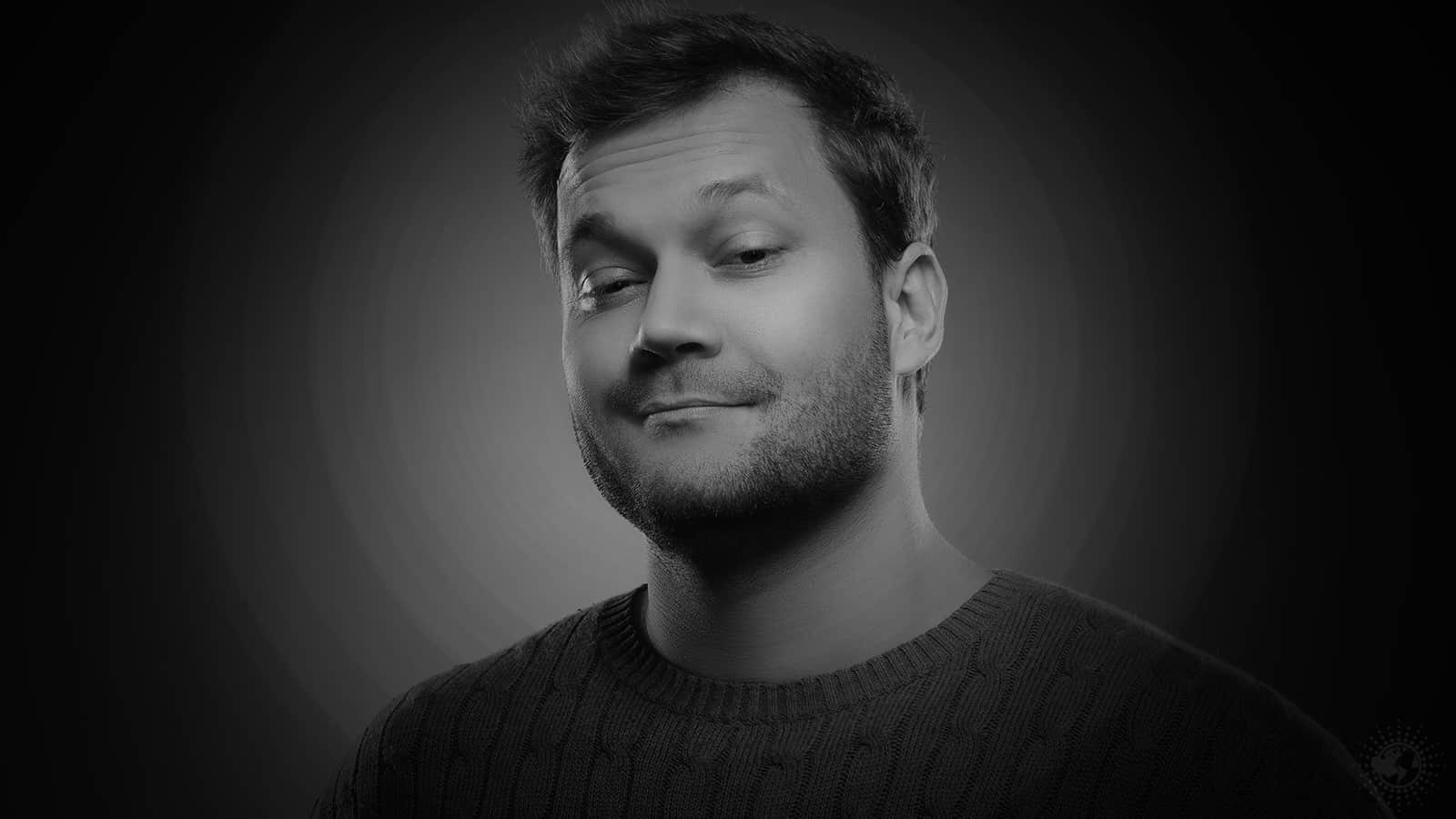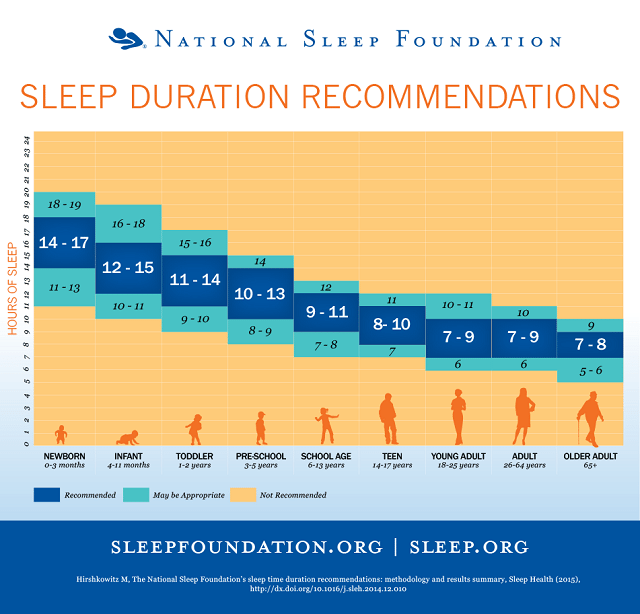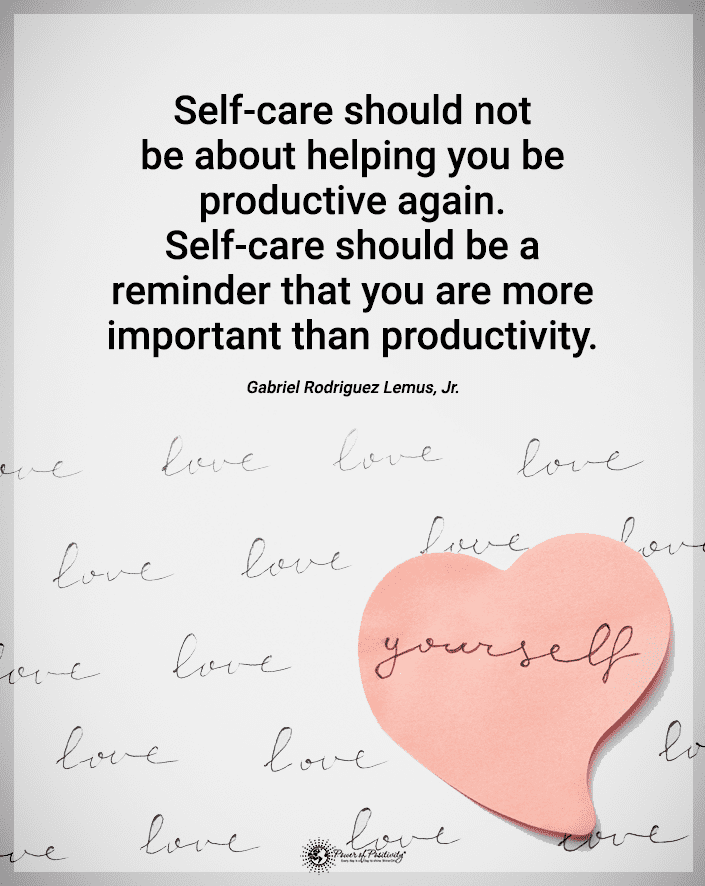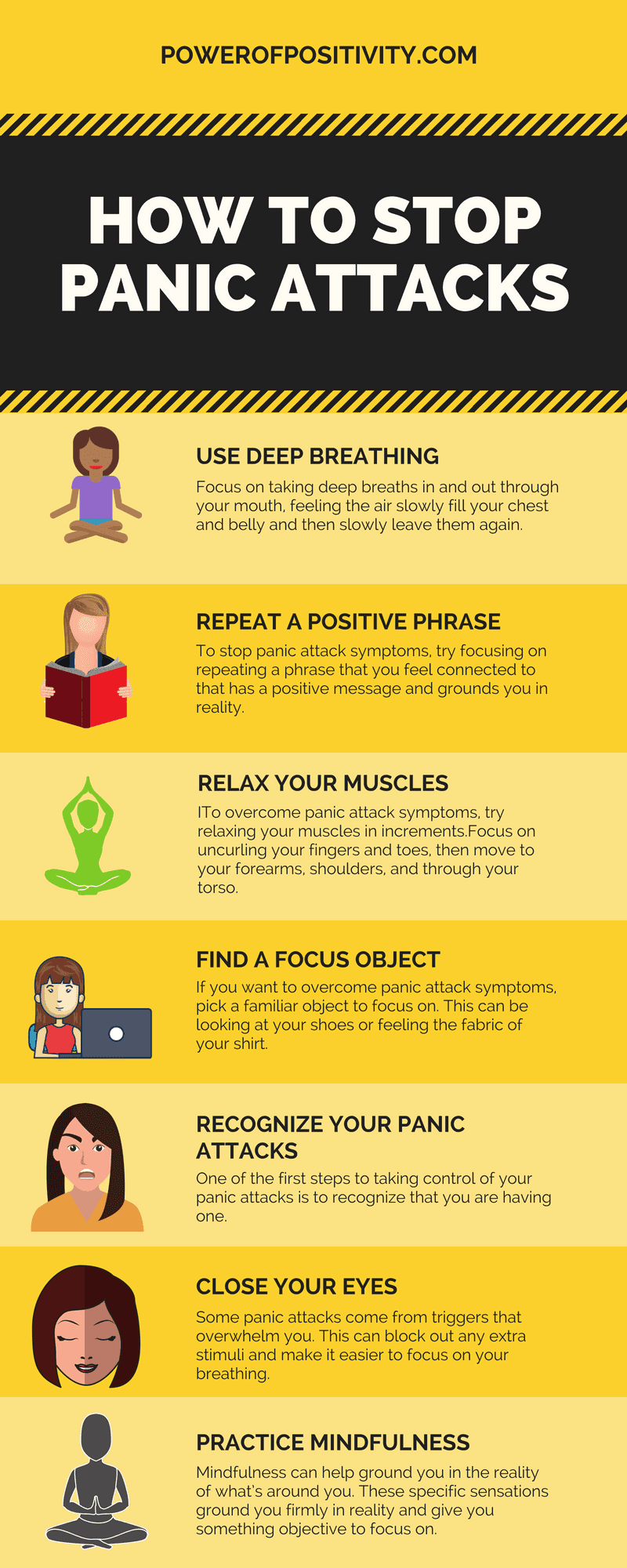Whether or not you drink enough water is very important to your brain, because what happens when you don’t can be like a mild form of the cognitive impairment that is seen in early forms of Alzheimer’s disease, according to neuroscientists.
Foggy thinking can happen to even the most intelligent person when they are distracted, tired, or don’t get enough nutrition, but the same is true about your thinking abilities when you don’t get enough water for your brain. Slower memory, vision problems, and even reasoning abilities are possible when your brain is dehydrated.
Just like a piece of dehydrated fruit, your brain and other bodily tissues can loose their natural shape and dry out as cells reduce in size when you don’t get enough water to keep them full of liquid. Water is essential to keep your cells fat and happy and functioning at the optimum brain processing speed.
Here’s What Happens To Your Brain When You Don’t Drink Enough Water
There are many mental and physical symptoms when your brain doesn’t get enough water. Let’s look at some of the negative health affects of dehydration and also what it means to get enough water in the day.
Why Does Your Brain Need You To Drink Enough Water?
All of your cells need water, so your brain is not the only part of you that is affected by not getting enough of it. But being the control center for the rest of your body, having a poorly hydrated brain will make your day a lot worse than it would be if you get enough fluid to drink.
Dehydration of the brain’s tissues can cause:
* Headaches
* Dizziness
* Foggy thinking
* Confusion
* Lack of energy
* Frustration and negative mood
Researchers studying dehydration of the brain found that not getting enough water causes shrinkage of brain tissue and this particularly affects the ventricular volume of the brain, which is where the cerebral-spinal fluid is contained. The cerebral-spinal fluid is important for the brain to get nutrients and to flush waste away from the brain as well.
When you don’t get enough water, the study showed that you will feel like it takes more energy to do the same mental task that you could do if you were fully hydrated. This same effort is something that the study researchers could see on an MRI scan of the brain and the study also verified that the brain weighed less when dehydrated.
The study showed that the brain is working less efficiently when it is dehydrated. The study asked participants to do some strenuous activity where they had significant water loss due to sweat and then asked them to do a cognitive test. The MRI scan of the brains found significantly more brain heat and activity in the frontal and parietal areal of the brain when the dehydrated participants had to think about the task. They say that a ‘reduced water intake may adversely impact executive functions such as planning and visuo-spatial processing.’
The Brain Problems You Experience When You Don’t Get Enough Water
In another study of the grey matter and white matter volume of the brain before and after dehydration, researchers found that several areas of the brain experienced shrinkage in volume when the body is dehydrated.
There was a significant decrease of grey matter and white matter volume associated found in ‘temporal and sub-gyral parietal areas, in the left inferior orbito-frontal region, and in the extra-nuclear region.’
This study also found that there was a change in cerebral spinal fluid volume in the brain. They say that these changes are similar to ones that have been reported in studies of ‘mild cognitive impairment or Alzheimer’s disease during disease progression.’
So if not getting enough water is like having a mild form of Alzheimer’s disease, getting plenty of fluids is important. So how do you know if you are fully hydrating yourself and your brain?
How Much Water Is Enough For Your Brain?
Related article: These Things Happen To Your Body When You Drink A Gallon Of Water Every Day
There is such a difference in sizes of human beings that giving a specific amount of water in ounces is difficult. Most medical professionals agree that making sure that you urinate and have a light yellow color urine about every 2-3 hours means that your body is well hydrated.
The quantity of water that you should drink is approximately 2 liters or 68 ounces, which is roughly a half-gallon of water. Your body and brain also need sodium (salt) and potassium to absorb from the water, so make sure that you are eating foods with some salt content throughout the day or that your drinking water has minerals in it naturally.










